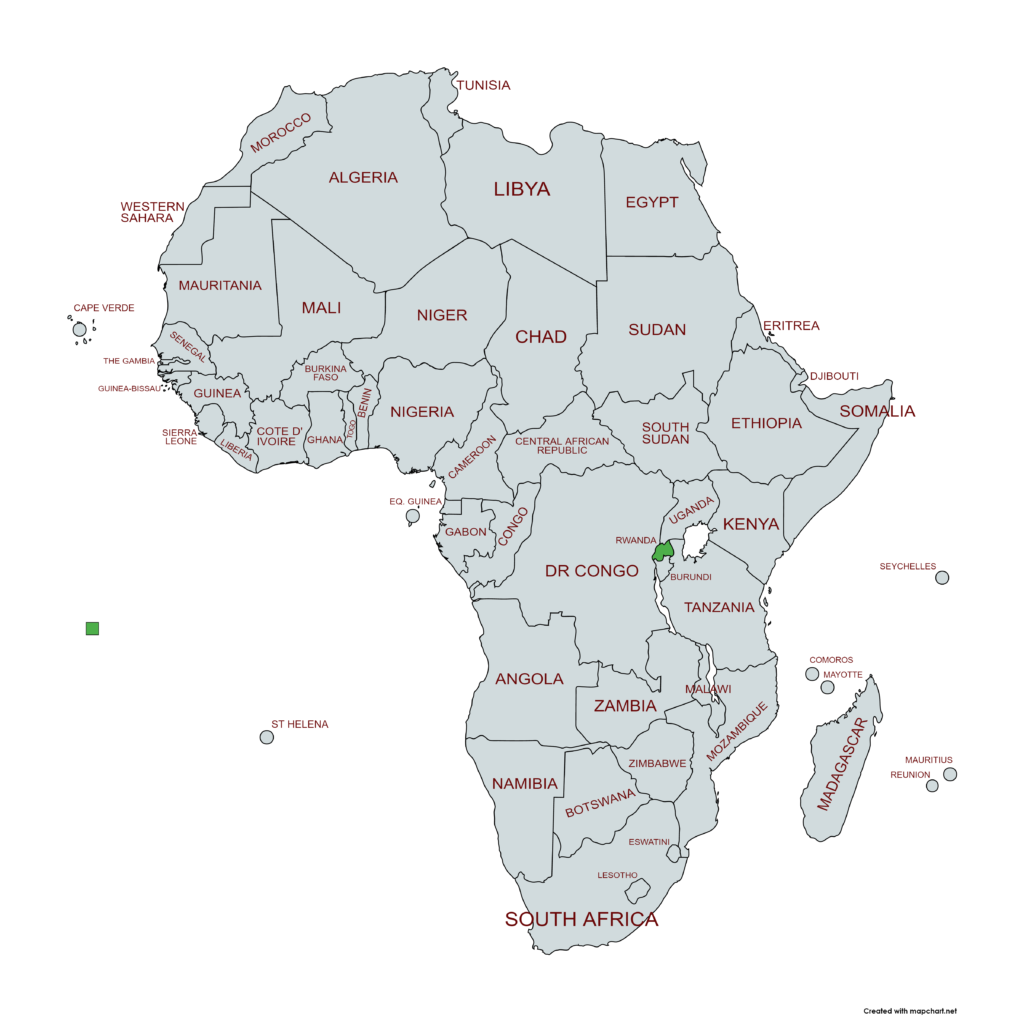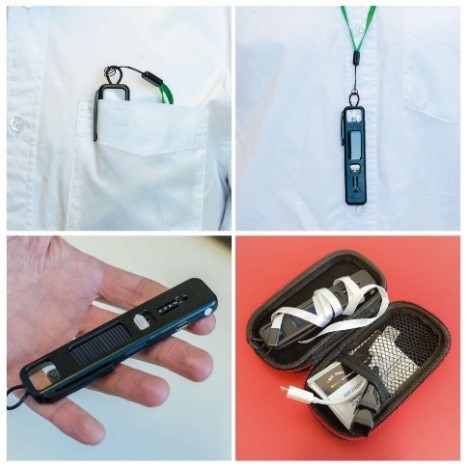
GCRF Funding Cycle
2018-19
Principal Investigator
Dr Andrew Blaikie
Schools
Medicine
ODA countries
Rwanda
Sustainable Development Goals
Goal 3
The World Health Organisation (WHO) highlights that interprofessional education (IPE) is required to prepare a ‘practice-ready’ collaborative health workforce to manage the challenges of global health issues. Preventable and treatable visual impairment is a global health issue that affects 285 million globally. It is estimated that more than 65 000 people in Rwanda (0.6% of the total population) are blind in both eyes and 12% require corrective lenses.
Undergraduate health care students at the University of Rwanda have benefited from a new Interprofessional Eye Care Education initiative. The teaching programme developed in collaboration with the University of Rwanda and the University of St Andrews exploited the solar powered Arclight ophthalmoscope and low cost simulation tools.
The School of Medicine has developed award-winning diagnostic and training tools, specifically for health care workers in under-resourced countries, under the Arclight Project with a strong scientific background. It has been shown to be as effective as more expensive traditional tools for red reflex, optic nerve and diabetic retinopathy screening but easier to use. This is despite its small size and ultra-low cost.

This study used Arclight IPE training, facilitated by a local interprofessional faculty, as an effective way to train undergraduate nursing, medical, clinical medical officer and ophthalmology clinical officer students in the College of Medicine and Health Sciences at the University of Rwanda. It was shown that adopting an IPE approach to eye care training at an undergraduate level promoted collaborative practice and complemented current blindness prevention approaches being implemented in Rwanda.

